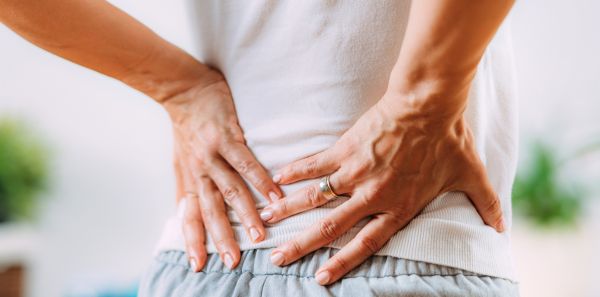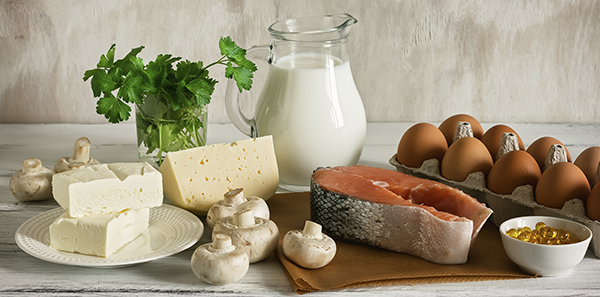
Sciatica pain is one of the most disabling and 80% of the population is affected by it now or will be affected at some point in the future. In most cases, it usually goes away in a few weeks with treatment, but it can get worse when you cough, sneeze, sit for a long time or have to take complete rest.
This means it’s really important not to paralyse the body and gradually start moving for a speedier recovery.
Sciatica pain is usually caused by a herniated disc and to prevent it you must lead an active lifestyle. Some of the key factors are:
- Taking daily exercise.
- Maintaining a healthy weight.
- Keeping your back straight.
- Taking care of your posture if you gain weight.
- Avoiding sudden back movements such as quick turns or jumping up.
Tips for reducing sciatica pain
In addition to advice from a medical specialist and prescription painkillers, there are some exercises that can be done at home to soothe pain and speed up recovery:
- Start by applying cold to the affected area for 20 minutes every 2 hours to reduce inflammation. After a couple of days, apply dry heat with the help of an electric blanket.
- Self-massage with warm hands using circular movements, applying pressure to the affected area to reduce nerve compression.
- It’s important not to take complete rest, as this will delay recovery. Moving around, changing posture, getting up or walking short distances are all examples of how to start introducing gentle movement without too much effort. When you walk, try to keep your back straight and look straight ahead.
- At first, stretches done while lying down on your back are highly recommended (bringing your knees to your chest, bending your knees and moving them from one side of your torso to the other, etc.). As the pain becomes less severe, the stretches should focus more on muscle strengthening, like flexing your legs, lifting your hips and buttocks, etc.
- Diet plays a fundamental role. It’s advisable to include anti-inflammatory foods in your diet, like salmon, sesame, garlic and onion and restrict more inflammatory foods like processed meats. It also helps to start adding turmeric and pepper to meals.
- Take time to adopt a good sleeping position because if you sleep well, you’ll recover sooner. Try to keep your hips and knees aligned and avoid sleeping on your stomach.
If despite all this the pain persists for longer than usual, it’s important to go to a specialist so they can assess the cause and decide on the most appropriate treatment.












